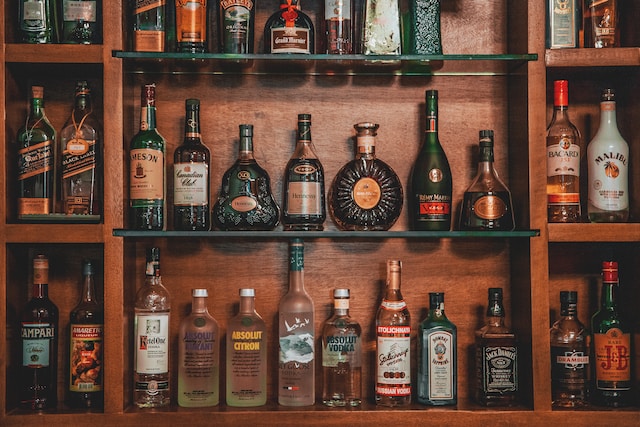Selling alcoholic beverages can be one of the most lucrative revenue streams for restaurants, bars and nightclubs. However, there are many codes, rules and ordinances to consider when getting a liquor license.
State rules vary, but counties and cities can also add their standards like zoning restrictions, fees, citations, certificates of occupancy and more.
Retailer
There are more than 30 different types of liquor licenses in Texas. At a high level, they fall into three categories: Manufacturing, Distribution and Retail. Businesses that manufacture alcoholic beverages, distribute them or deliver them, and those that sell them to consumers fall into the Manufacturing category. In contrast, businesses that only serve alcohol on the premises fall into the Retail category.
The Retail Dealer’s On-Premises License authorizes a business to sell distilled spirits, wine and malt beverages. This permit also allows a restaurant to serve alcohol at a private party, hold beer fairs and deliver beer for off-premises consumption.
The application process for a Retail Dealer’s On-Premises license takes between 30 and 120 days. The TABC suggests starting your license application six months before your opening date. This will allow you to resolve any issues that may delay your license approval, such as the premises needing to be ready to open, fee mistakes or omissions, a disqualifying police record and zoning or tenancy issues.
Manufacturer
If you’re a brewer or winery planning to sell alcohol on-premises, you’ll need a manufacturer liquor license Houston TX. Additionally, businesses that want to use their manufacturer liquor license to hold private parties at locations away from their establishments will need additional certification for those practices.
Many of these applications require much information and must be clarified for new business owners. That’s why consulting with a licensed Texas attorney may be wise. They can help ensure your application is accurate and complete so it can be approved quickly.
The city and county where you plan to operate must approve your TABC application before it’s valid. They may have additional rules, ordinances, zoning restrictions, fees, standards for late-night operations, and certificate of occupancy requirements that must be met. These rules can vary widely from one city to the next. Some have completely dry areas, while others allow alcohol sales in certain types of stores only.
Distributor/Wholesaler
If you sell alcoholic beverages to businesses that will sell them to end users, you need a wholesale distributor liquor license. You purchase alcoholic drinks from manufacturers and then distribute them to local restaurants, bars, package sales stores, and other companies selling them for off-premises consumption.
Consider obtaining business insurance for your distributing company as well. A reputable agency can help you select the right policies for your company’s unique needs.
If you plan to sell alcohol at short-term events such as fairs and festivals, you need a temporary permit. This license type is typically geared towards businesses with a retail liquor license that will host off-premises events for civic, charitable, and religious organizations.
Off-Premises
Before you fill out any application forms for a license, it is important to know how your business will interact with alcohol. It would help if you decided whether you would be a retailer, manufacturer, or distributor/wholesaler. Afterward, you must explore the different licensing options for your type of business.
Liquor licenses are regulated by state, county, and city laws. The laws of each jurisdiction may vary in terms of fees, zoning restrictions, and other requirements. The location of your business also plays a role. Some areas are designated as “wet” while others are “dry.”
Once you have completed the appropriate paperwork and have been approved for your license, you must ensure that you have a top-notch point-of-sale system to keep up with the high sales volume. This way, you can give customers a fast and safe checkout experience. A quality POS system will help you retain customers and attract new ones.

